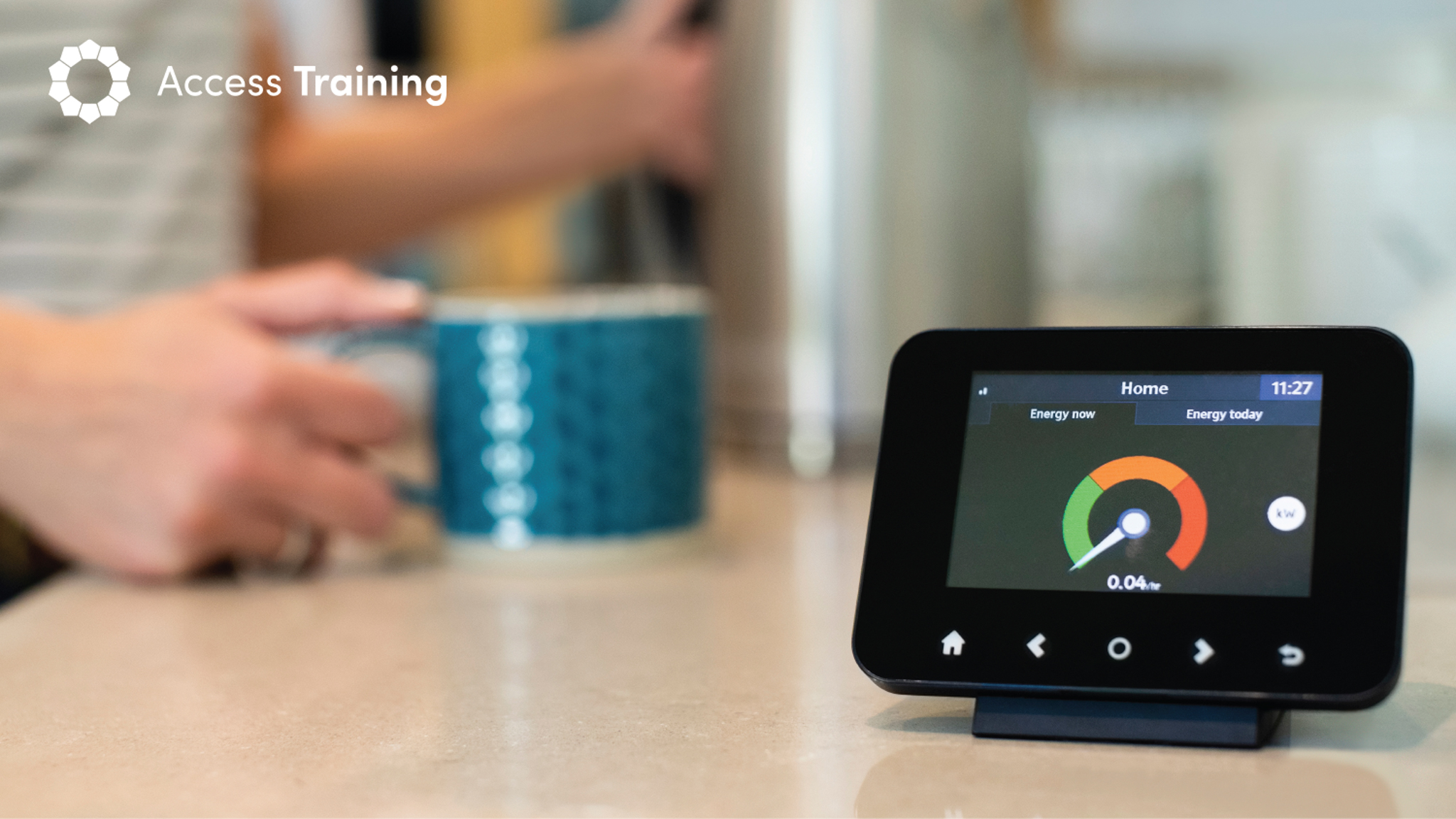
As a society, our energy output is excessive. Electricity and natural gas are the most-used energy sources within homes, and they create greenhouse gases and air pollutants that are extremely harmful to the environment. To combat this, energy efficiency is essential. It helps consumers to reduce their energy consumption, utility costs and the impact of the carbon footprint.
Energy efficiency should be practiced by all households - it is an integral part of building a cleaner future. The UK have committed to reducing its greenhouse gas emissions by at least 80% by 2050. By being energy efficient, there is a chance that we will be able to achieve this target.
Does Energy Efficiency Reduce Bills?
Yes! By lowering and prioritising your energy use, you'll see a reduction in your monthly bills. There are energy-efficient products on the market which may initially cost more, but they will undoubtedly save you more money over time.
Interestingly, according to the Department of Energy & Climate Change, small and medium sized businesses could reduce their energy bills by up to 25% by installing energy efficient measures and practicing behavioural change.
What is Energy Efficiency?
Energy efficiency, in its simplest form, is using less energy to perform the same task, thus eliminating energy waste.
A good example of this would be energy-efficient LED light bulbs - they are able to produce the same amount of light as incandescent light bulbs, but they use up to 80% less electricity.
How To Be Energy Efficient
If you'd like to start implementing energy efficient practices, then these small changes from the Energy Saving Trust are a good place to start.
Install a smart meter
Smart meters are able to give you real-time information on your energy use. This way, you'll be able to manage your usage better so you can save money and reduce harmful emissions
Draught-proof windows and doors
Naturally, your home will lose heat through draughts around entryways, gaps and windows. With the winter months creeping in, there's no doubt that homes will suddenly get a lot colder.
To combat this, you could invest in professional draught-proofing. This can cost around £225 on average, but the long-term benefits outweigh the upfront cost. You could save up to £125 every year on energy bills if you take the plunge and draught-proof your property.
Second guess your washing routine
By putting more thought into your weekly clothes wash, you could save yourself around £34 a year. Avoid using higher temperatures as this uses up more energy, and try to limit your clothes wash to once a week.
Lights out!
Start a habit of turning off a light when you leave an area within a home. We're all guilty of it, but you could save almost £20 a year!
If you want to go the extra mile, swap all of your bulbs for energy efficient LEDS along with integrated sensors and timers for lights to ensure they're only on when they need to be.
What Are the Benefits of Energy Efficiency?
There are no disadvantages to being energy efficient - so it's a win-win situation!
Air pollution is one of the world's single biggest environmental risks to human health. Energy efficiency can reduce both indoor and outdoor concentrations of air pollutions.
- Improve health and wellbeing
Energy efficiency supports good mental and physical health by creating a healthy living environment for society. Recent evidence from the World Health Organisation (WHO) shows that chronic thermal issues and fuel poverty also have negative mental health effects such as increased anxiety, stress and depression.
- Lower your own energy prices
By using less energy, your monthly energy bill will reduce. You can also lower energy prices in general by reducing the need to add expensive power generation through reducing the pressure on energy resources.
Continuing from the point above, if you do this, energy will become a more accessible source due to the lack of pressurised demand.
At Access Training, we train our Gas and Electric Engineers for a sustainable future
We believe in quality trade education that lasts, for the peace of mind of our students and any customers that they work for in the future. Take a look at our range of electric and gas courses and get in touch at 0800 345 7492 to contribute to a more energy-efficient future.
Gas Courses Electrical Courses